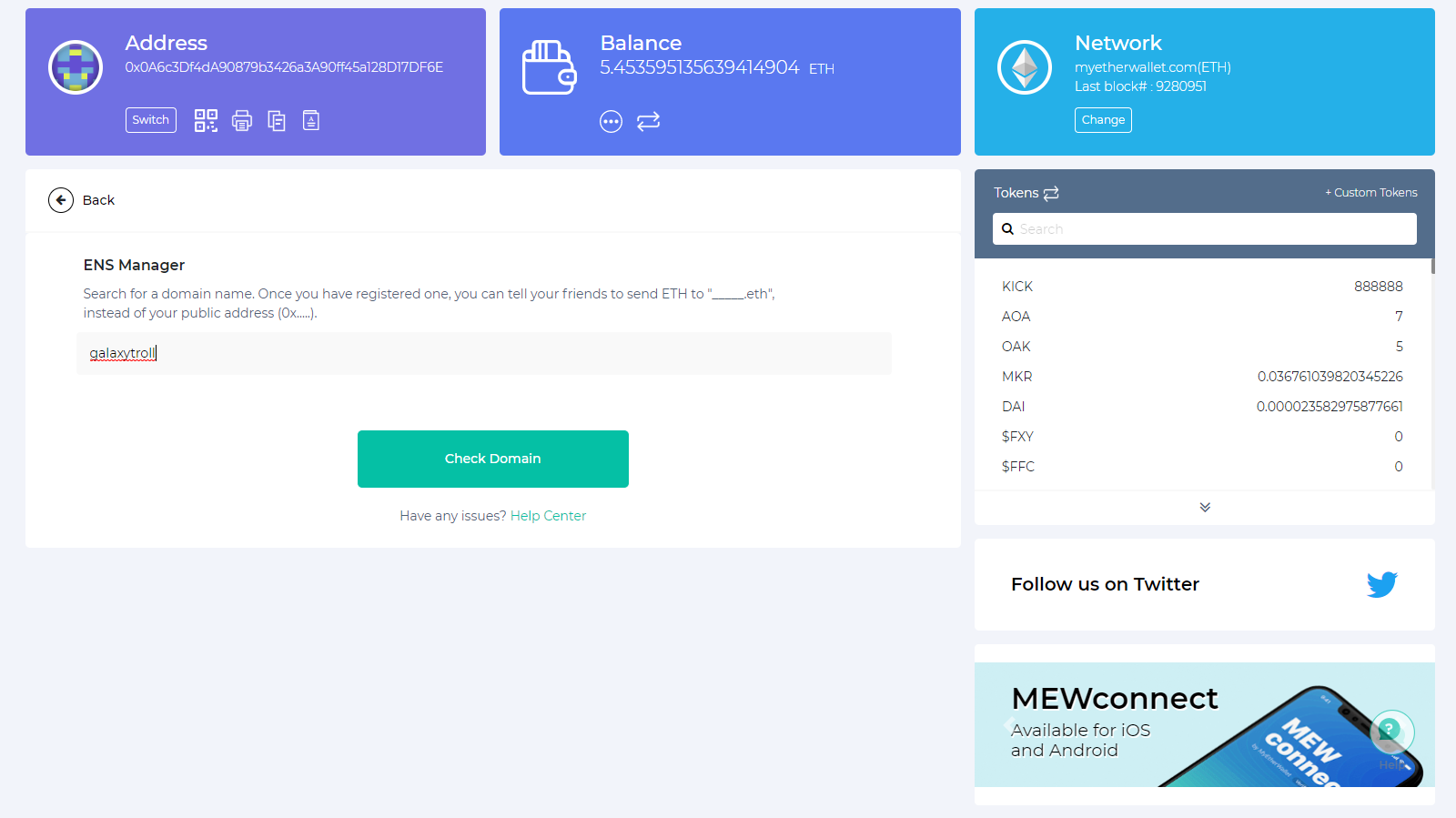
If you’re a cryptocurrency investor and you’ve ever used MyEtherWallet (MEW), then you’ve likely heard of private keys. A private key is a unique string of characters that allows access to your crypto wallet. Having control over your private key is essential for the security of your crypto funds, so it’s important to understand how they work. In this blog post, we’ll discuss the basics of myetherwallet.id Private Keys so that you can make sure that your crypto investments are safe and secure.
A private key is a random string of numbers and letters that are used to access your cryptocurrency wallet. It acts as an electronic signature for transactions, verifying ownership and allowing users to send funds from their wallets. The private key must remain secret at all times; if someone else has access to it, they may be able to steal your funds. This is why it is important to understand how MEW private keys work and take steps to protect them from malicious actors.
Private Key Generation in MEW
When creating an MEW account, users have the option to create their own private key or use MEW’s ‘Generate New Wallet’ feature. The latter will generate a randomly generated string of characters which serves as the user’s private key. It is important for users to back up their generated private keys in case their accounts become compromised or lost due to hardware failure or other unforeseen circumstances. Users should also ensure that they store their generated keys offline in order to prevent them from being stolen by hackers or malware attacks – one way to do this is by writing down the information on a piece of paper and keeping it in a secure place away from prying eyes.
Securing Your Private Keys
Once you have generated your own unique MEW private key, there are some additional steps that you can take in order to further secure it from malicious actors or data breaches. One way is by using two-factor authentication (2FA). 2FA requires users to enter an additional code after entering their password in order for them to gain access into their wallets; this code could be delivered via text message, email, or an authentication app like Google Authenticator or Authy. Additionally, users should only use authenticated websites when accessing their wallets – never log into unverified websites claiming to be official sites! Finally, users should always regularly check up on their wallets by logging into them periodically and ensuring that no unauthorized transactions have taken place since last accessed.
Conclusion:
Understanding how MEW works can help cryptocurrency investors keep their assets secure and protected against malicious actors looking to steal funds through hacking attempts or social engineering tactics like phishing scams (which involve sending fraudulent emails claiming either free tokens or malicious links). By taking these extra precautionary steps with regards to understanding the basics of MyEtherWallet Private Keys and implementing 2FA protocols along with other security measures, investors can rest assured knowing that their funds are safe from theft and data breaches alike! Thanks for reading!








